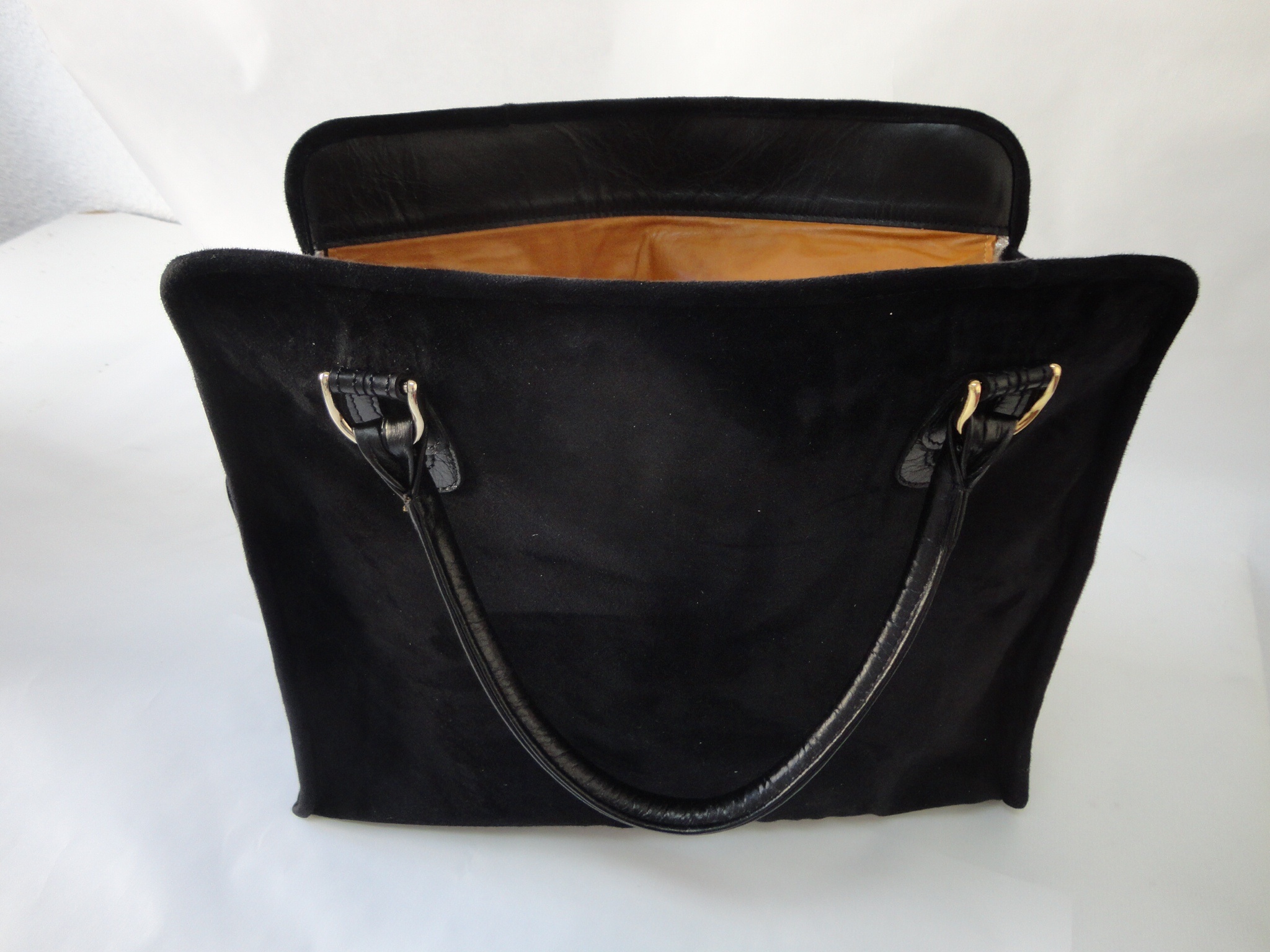How independent designers are embracing 'Made in Spain'


MADRID -- France is the symbol of luxury, while Italy is known for its fashion and food. Americans are raised on the philosophy of "Buy American," and there's probably not a place in the world without products that were made in China. Spain, now stuck with a bad international reputation, lags behind its neighbors and the world in buying into and exporting the Spanish brand.
In March 2009, Spanish Prince Felipe and his Princess Letizia traveled to the U.S., bringing with them the €44 million "Made in/by Spain" campaign, which looked to grow Spanish influence and business volume in the U.S. from the 0.5 percent of total U.S. imports at which it stands. But four years later, the "Made in/by Spain" program has fallen off the radar.
Since July 2012, Prime Minister Mariano Rajoy's administration has worked to push Marca España -- the brand of Spain -- which looks to rebuild the reputation of the country in order to spark investment and the economy as a whole. However, this mission seems to be mentioned only when Rajoy is talking with foreign leaders, as he attempts to brand his country as being a world leader in many sectors, the gateway to Europe, and a trusted and modern economy.
Marketing aside, there is one industry in which the Spanish reputation shines: the €5.56 billion fashion industry. Well-known Spanish labels like Zara, Camper, Mango, Loewe, Manolo Blahnik, and Balenciaga have continued to prosper by opening chains overseas.
Yes, it's true that most consumers don't associate even those fashion brands with "Made in Spain." As managing director of the Reputation Institute of Spain and Latin America Fernando Prado Abuin asked, "What percentage of Japanese buyers know that Zara is a Spanish brand?" But fashion industry insiders know about the good reputation of Spanish fashion and design and that has led an opening of 7,000 new job openings in its fashion industry just this year.
 Luxury handbag designer Sofia Bozikis moved from Vancouver to Madrid four years ago specifically looking to tack "Made in Spain" labels to her goods.
Luxury handbag designer Sofia Bozikis moved from Vancouver to Madrid four years ago specifically looking to tack "Made in Spain" labels to her goods.
Her story defies the opinion of highly recognized Spanish economist Luis Garicano, of the London School of Economics, who calls the Made in Spain movement a "catastrophe" and says that the foreign image of Spain continues to be one of corruption.
But Bozikis defines "Made in Spain" as having a high-quality craftsmanship and made by people who enjoy what they do. She says the passion of Spanish artisans flows naturally though to the quality of their work, and that she automatically equates the phrase "Made in Spain," with "Made with love."
Additionally, she avoids buying products from China and other countries where production is often cheap and done under poor conditions, and thinks many consumers do the same. "I think there's an increased awareness of where your product is made and who is making it and supporting it," she said, stressing that she wanted to be able to guarantee the origin of her bags.
Two of her factories are in the province of Madrid, while the other is in Ubrique, the village in Cadiz known internationally for its leather production, supplying some of the world's most expensive brands like Prada and Loewe.
But right now, the "Made in Spain" imprimatur doesn't travel far: More than three-quarters of Spanish fashion designers' exportation happens within Europe, while only nine percent to the Americas. Still, Bozikis thinks her first niche will be found in New York because it features many stores that understand the value of her purses, which are handmade and cost up to €850.
And if she and other Spanish designers are successful, Richard A. Boucher, deputy secretary general of the Organization of Economic Cooperation and Development, who said last year, "Spain is only good for flamenco and red wine," may have to add another item to his list: fashion.
This post was originally published on Smartplanet.com